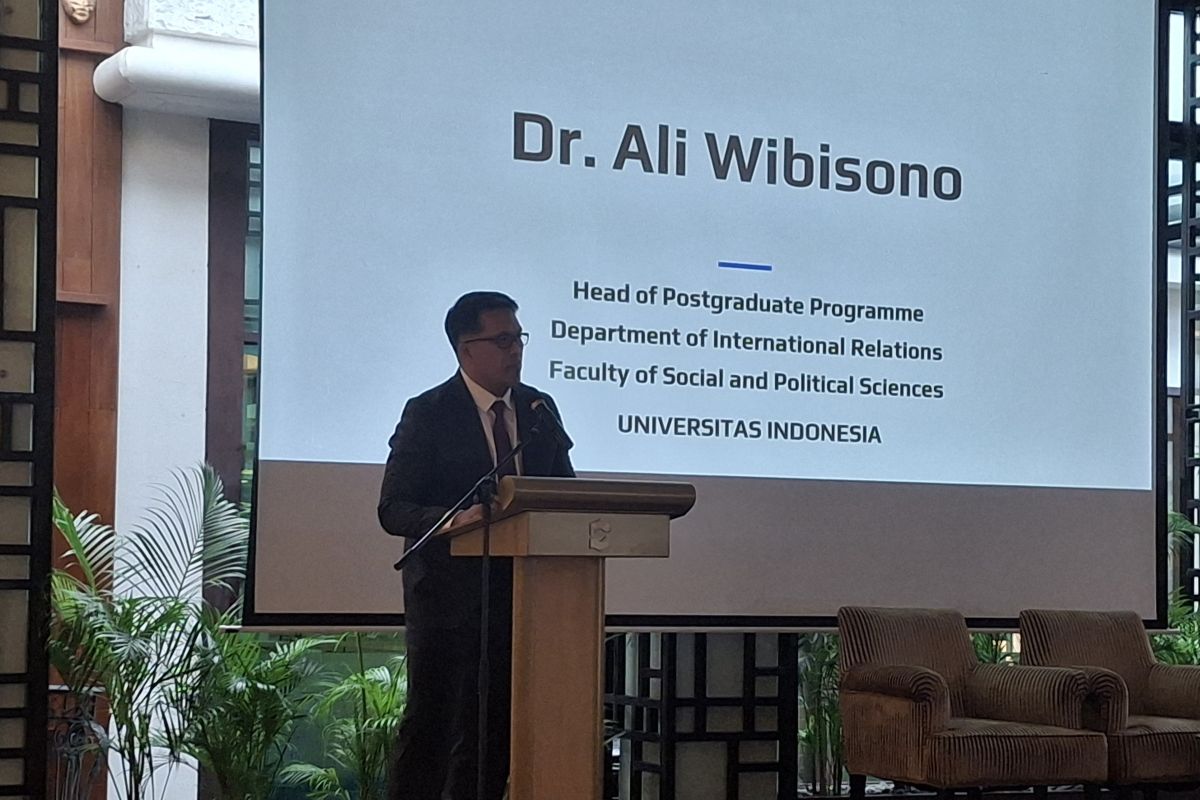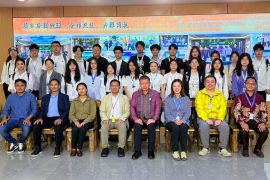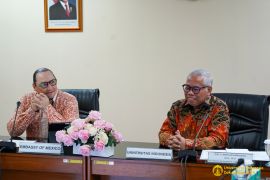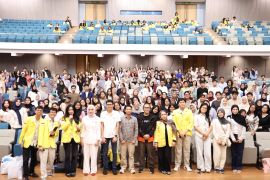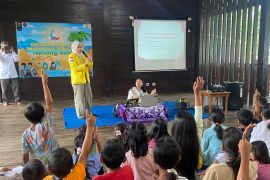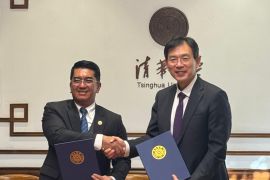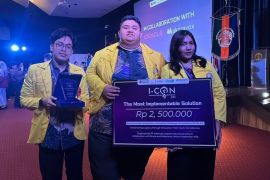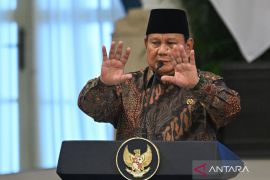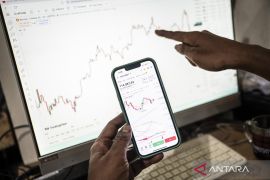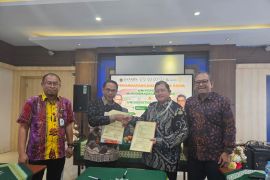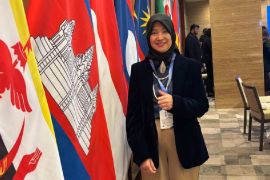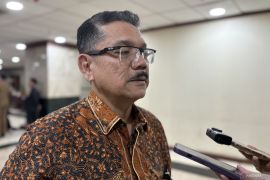“The key finding we present is that true cyber strength rests on three pillars, one of which is the development of skilled human resources,” Wibisono said at the launch of the Cyber Diplomacy Handbook, hosted by the ASEAN Study Center (ASC) UI in collaboration with the Australian Strategic Policy Institute (ASPI) here on Tuesday.
In addition to building skilled professionals, he noted that technological mastery and a firm commitment to responsible behavior in cyberspace -- by both state and non-state actors -- are equally crucial.
With its interdisciplinary approach, Wibisono believes UI is well positioned to support efforts to strengthen Indonesia’s cyber capacity in a holistic manner.
UI has also been advancing digital transformation and expanding online learning opportunities. In this context, ASC UI and ASPI jointly launched the Cyber Diplomacy Handbook.
According to Wibisono, the launch was motivated by alarming data showing that more than 315,000 Indonesian digital credentials were breached in the first half of 2024.
“That means an average of more than 60 Indonesian credentials were compromised every hour. This is a staggering figure that highlights the vulnerability of both organizations and individuals in cyberspace,” he stressed.
He added that cyberspace is increasingly competitive, with advanced nations benefitting from access to data and users, while less developed countries face capability gaps, regulatory shortcomings, and damaging cyber incidents.
Through the handbook, he said, professionals, academics, and activists aim to demonstrate that despite its limitations, Indonesia is taking active steps to improve cybersecurity, master digital technology, and contribute to shaping global cyber democracy.
“Within the pages of this book, we explore what cyberspace entails, its opportunities and risks, how nations build and deploy their cyber capabilities, and the international norms governing cyberspace,” he explained.
“And in every chapter, there is a particular focus on how Indonesia engages in international cooperation at both bilateral and global levels, while also navigating the increasingly tense US-China rivalry in digital technology,” he concluded.
Related news: Indonesia's BSSN aims to finalize cyber competency standards
Related news: Govt aims to increase digital talents from 3 mln to 12 mln by 2030
Translator: Katriana
Editor: Primayanti
Copyright © ANTARA 2025
